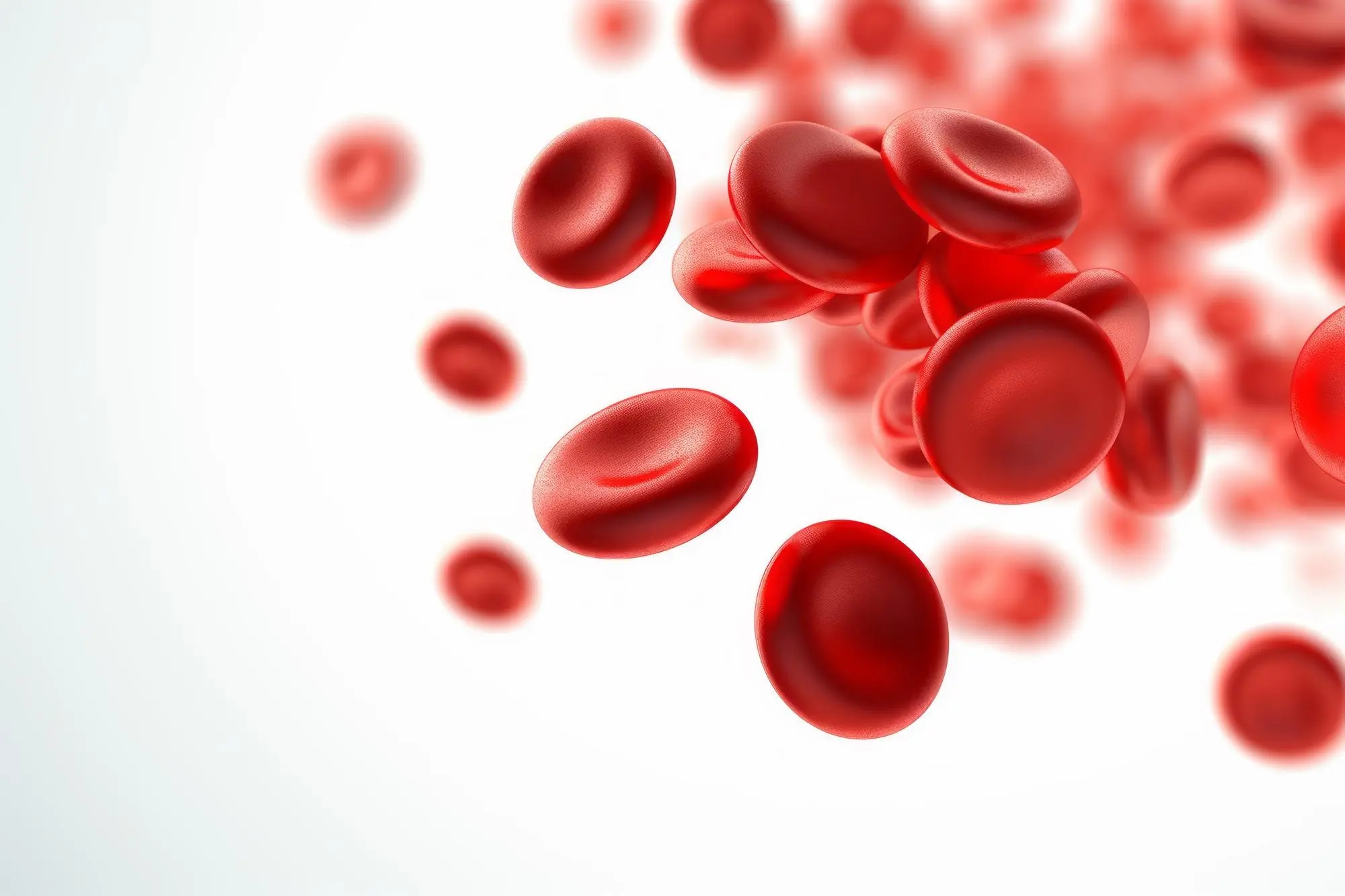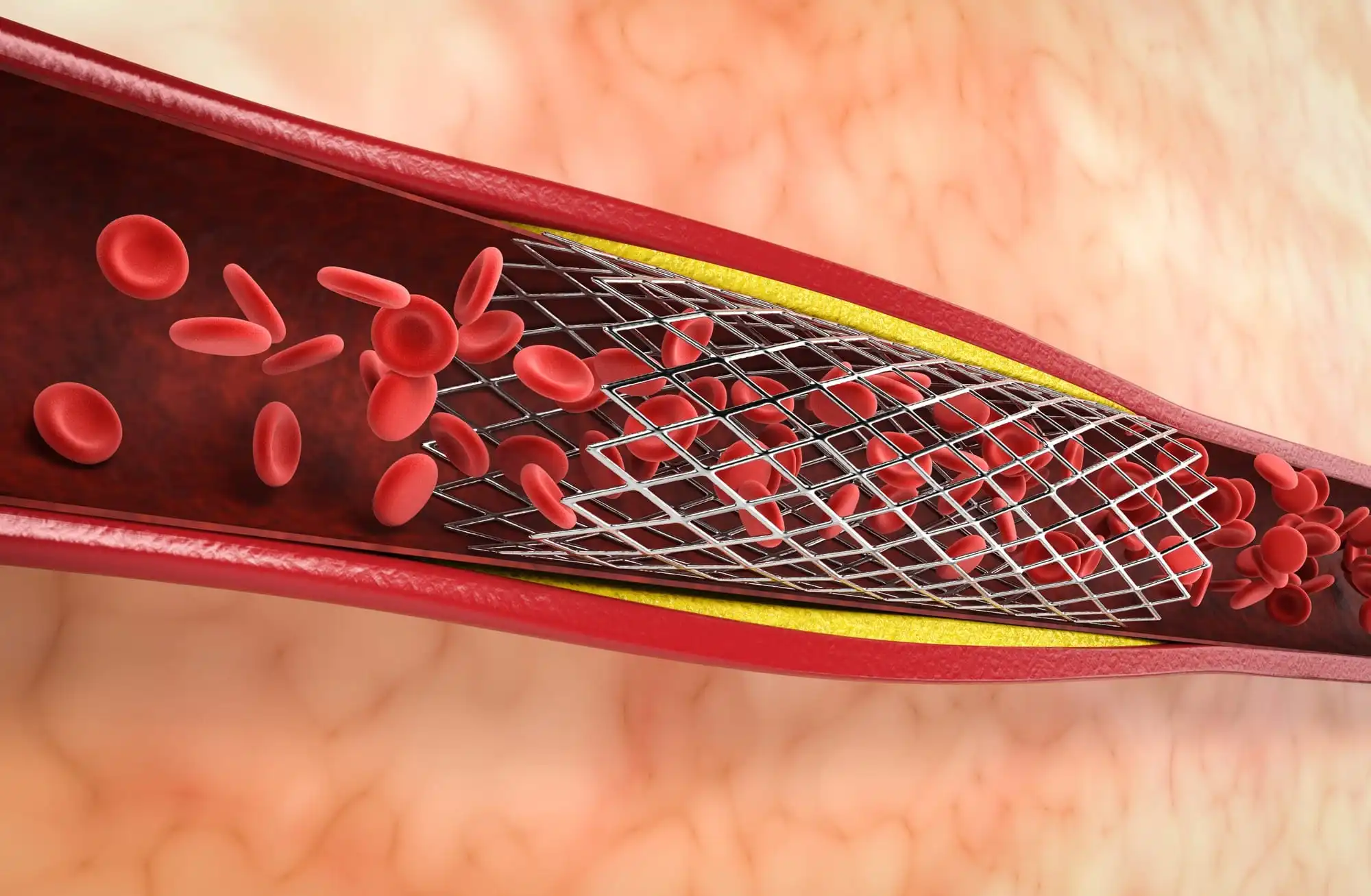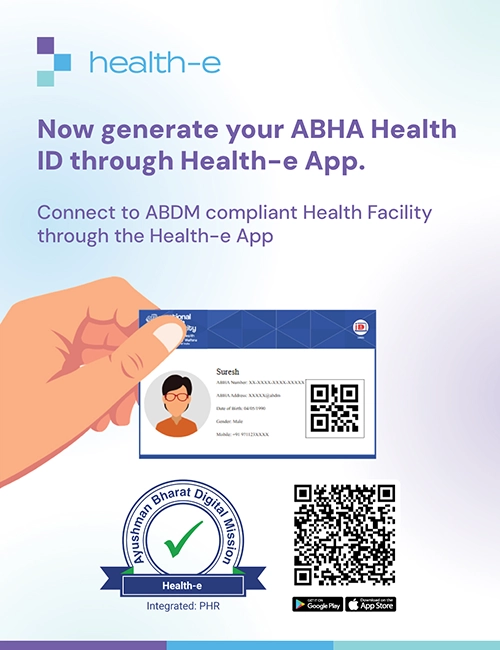Medically reviewed by Dr Rohan J Harsoda – MBBS, DNB(General Surgery)
Pregnancy is an incredible journey filled with happiness and anticipation. Making sure both the mom and baby stay healthy is important. Antenatal checkups, also known as prenatal or ANC checkups, are a key part of looking after the well-being of expectant moms and their unborn babies. This article aims to highlight why these checkups matter, providing a detailed guide on when to schedule them, what tests to expect, and what the doctors will be checking for during each stage of pregnancy. The goal is to empower pregnant women and their partners with knowledge for a healthy and well-monitored pregnancy journey.
What is an Antenatal Check-up?
Antenatal check-ups are a series of medical exams and consultations you have during pregnancy to keep tabs on both the mom-to-be and the growing baby’s health.
Usually done by healthcare professionals like obstetricians or midwives, these check-ups aim to catch and tackle any possible problems early on. They cover watching how the mom is doing physically, checking how the baby is growing, and giving important advice on eating right, lifestyle, and getting ready for childbirth. Regular antenatal check-ups are super important for a healthy pregnancy, lowering the chances of problems, and making sure both mom and baby are doing well overall.
Antenatal Check-up Schedule
Let’s break down what happens in each Antenatal Check-up (ANC) schedule:
First Visit:
- Confirming pregnancy: This step includes a pregnancy test and a discussion about the mom’s medical history.
- Checking the mom’s overall health: The healthcare provider looks into the expectant mom’s general health, including any existing conditions and possible risks.
- Blood and urine tests: Regular tests are done to check things like blood type, Rh factor, iron levels, and infections. Urine tests can help spot conditions like gestational diabetes and urinary tract infections.
- Going over the prenatal care plan: Expecting parents get info on the suggested schedule for checkups, along with advice on diet and lifestyle during pregnancy.
Around 19-20 Weeks:
- A thorough anatomy ultrasound:a This in-depth scan looks closely for any issues in how the baby is forming, making sure all the organs are developing as they should.
- Spotting structural abnormalities: The ultrasound is key for catching any possible problems with the baby’s organs or body parts.
- Keeping an eye on blood pressure: Checking blood pressure regularly is key to catch any signs of preeclampsia, a serious pregnancy complication.
- Double-checking for gestational diabetes: Some healthcare providers might do another test or confirm the results to make sure there’s no gestational diabetes.
At 22 weeks:
- Keeping an eye on the baby’s growth and movements: Doctors make sure the baby is growing well and moving as expected for healthy development.
- Extra blood tests: Some more blood tests might be done to check for things like anemia or infections.
- Talking about how you want to give birth: Parents can chat with their healthcare provider about their birthing preferences and make sure everyone’s on the same page.
- Rhogam shot for Rh-negative moms: If the mom is Rh-negative, she might get a Rhogam shot to avoid issues linked to Rh differences.
Around the 26-27 week mark of pregnancy:
- Screening for Gestational Diabetes: The healthcare team will conduct a glucose screening test to catch any signs of gestational diabetes.
- Blood Count and Iron Check: Regular checks to make sure both you and the baby have enough blood and iron.
- Keeping an Eye on Weight Gain: They’ll track your weight to ensure it’s in a healthy range.
At 28 weeks:
- Check on baby’s position: It’s important to see where the little one is hanging out in the uterus because it could affect how the delivery goes down.
- Blood pressure time: Keeping tabs on blood pressure to catch any red flags.
- Birthing plan update: Time to take another look at the birthing plan, making sure everything’s good to go for the big day.
At 32 weeks:
- Checking the baby’s heartbeat: The doctor makes sure the baby’s heartbeat is healthy.
- Looking at amniotic fluid levels: Having enough amniotic fluid is important for the baby’s growth, and they check it during this visit.
- Talking about breastfeeding: Parents get info and breastfeeding tips.
- Blood tests for anemia: They might do another blood test to see if there’s any anemia, which can affect both mom and baby.
Around 34-36 weeks into pregnancy:
- Checking the baby’s position: The healthcare provider looks at how the baby is positioned in the pelvis to plan for a safe delivery.
- Testing for Group B streptococcus (GBS): This test checks for bacteria that could affect the baby during delivery.
- Watching for preterm labour signs: The healthcare provider will keep a close eye on any signs of preterm labour to take the right precautions.
- Getting ready for labour and delivery: As the due date gets closer, there’s more talk and preparation, including going over the birthing plan.
Around 38-39 Weeks:
- Checking on cervical dilation: As the due date gets closer, the doctor might check for signs of cervical dilation.
- Keeping an eye on mom’s health: The healthcare team keeps watching out for any signs of problems with the mom’s overall health.
- Double-checking birthing plans: The final details of the birthing plan are confirmed and tweaked if needed.
- Talking about labour signs: Soon-to-be parents get the lowdown on what signs to look for when labour is starting and when it’s time to head to the hospital.
Around 40-41 Weeks:
- Keep an eye on mom and baby: As the big day gets closer, your healthcare provider will check in more often to make sure both mom and baby are doing well.
- Check if labour is on the horizon: They’ll see if mom’s body is giving any signals that labour might be on its way.
- Talk about induction if needed: If the due date comes and goes, the doctor might bring up the idea of induction.
- Get everything ready for delivery: In these last weeks, the healthcare provider will make sure all the plans for delivery are set and talk through any last-minute worries.
Going to all those prenatal checkups is really important to make sure your pregnancy goes well and the delivery is safe. The plan is set up to catch and deal with any possible problems early on, keeping both the mom-to-be and the baby healthy.
Frequently Asked Questions (FAQs):
1. What Tests Are Done During an Antenatal Check-Up?
During an antenatal checkup, your doctor checks things like blood pressure, does urine tests, and runs blood tests to catch stuff like anemia or infections. Plus, there are ultrasounds to make sure the baby is growing right.
2. How Often Should You Get Your Antenatal Checkup Done?
The number of checkups you need during pregnancy depends on lots of things—your health, any possible risks, and what your healthcare provider suggests. Generally, they say around 8-12 checkups for a healthy pregnancy, but it can be different for everyone.
3. What to Expect at Your First Antenatal Appointment?
Your first checkup is usually in the first trimester. The doctor gets info about your medical history, gives you a physical, and runs some initial tests. This sets the plan for the rest of your prenatal care.
4. When is The Right Time to Start an Antenatal Checkup?
It’s a good idea to start these checkups as soon as you know you’re pregnant. Going early and regularly helps keep tabs on both you and the baby, catching and dealing with any issues ASAP. Early prenatal care is key for a healthy pregnancy and lowering risks.





